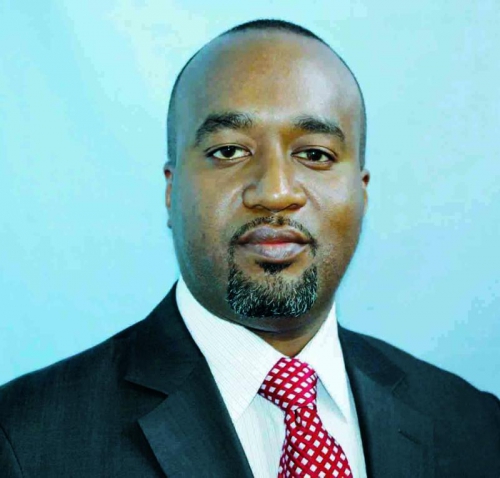
Mombasa, Kenya: Opinion among Coast leaders is divided over the role of the Jumuiya ya Kaunti za Pwani (JKP) or Commonwealth of Coast Counties (CCC) in the region’s politics. JKP or CCC has dominated local political debates since its formation last year. JKP has signed agreements with leaders and institutions like universities, and attracted the support of all the six Coast governors and most elected leaders.
But critics see the hand of an influential politician in the rise of JKP/CCC following recent declarations against opponents of the outfit that proponents insist was created to foster economic integration of the Coast region. Meanwhile, neutral voices have adapted the wait and see attitude as governors push for CCCs launch come March 28.